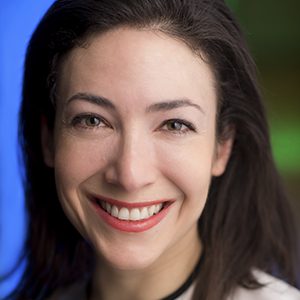
Dr. Thalia Field, an Associate Professor in the Division of Neurology, is a stroke neurologist and clinician-researcher with a focus on clinical trials. She holds the Sauder Family/Heart and Stroke Foundation Professorship of Stroke Research. She is currently leading a national study examining treatment strategies and prognosis of cerebral venous thrombosis, a rare cause of stroke primarily affecting younger women. She has a particular interest in process improvement in clinical trials, including working with patients to identify important outcomes, and integrating existing and emergent technology to enhance efficiency and engage under-represented populations. She completed her MD at Dalhousie University, followed by her neurology training at the University of British Columbia and stroke fellowship and epidemiology training at the University of British Columbia and the University of Calgary.
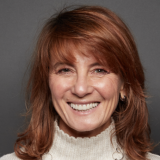
Dr. Cristina Conati is a Professor of Computer Science at the University of British Columbia, Vancouver, Canada. Conati’s research is at the intersection of Artificial Intelligence (AI), Human Computer Interaction (HCI) and Cognitive Science, with the goal to create intelligent interactive systems that can capture relevant user’s properties (states, skills, needs) and personalize the interaction accordingly.
Her main objective is to contribute to a user-centered AI striving to create artifacts that are capable of both performing useful tasks and being well accepted by their users. Dr. Conati is especially interested in investigating how to enable AI technology to strike the right balance between providing accurate predictions and decision making while maintaining transparency, user control and trust.
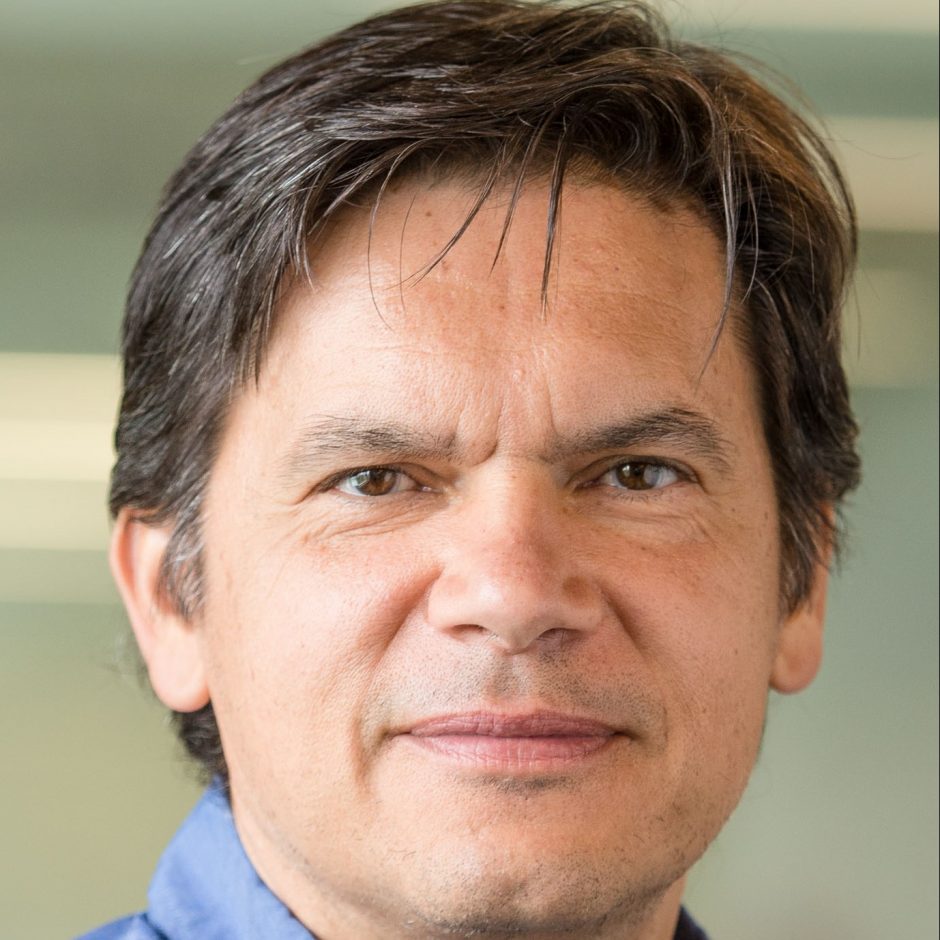
Dr. Giuseppe Carenini, PhD, is a Professor in Computer Science and the Director of Master of Data Science program at UBC. His work on natural language processing and information visualization to support decision making has been published in over 130 peer-reviewed papers (including best paper at UMAP-14 and ACM-TiiS-14). Giuseppe served as Senior Area Chair at NAACL; Area Chair at ACL, NAACL, EMNLP; and as Program Chair at SigDial and IUI. In 2011, he published a co-authored book on “Methods for Mining and Summarizing Text Conversations”. Giuseppe was awarded a Google Research Award, an IBM CASCON Best Exhibit Award, and a Yahoo Faculty Research Award in 2007, 2010 and 2016.
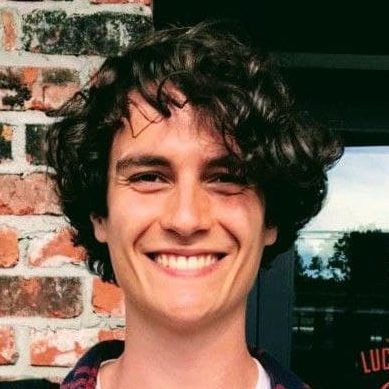
Matteo Rizzo is a Ph.D. student in Computer Science at the University of British Columbia, working under the supervision of Professor Cristina Conati. Previously, he obtained a BSc and MSc in Computer Science at the University of Padua, Italy. Matteo’s research mainly regards deep learning models for sequential data, with a focus on interpretability and explainability. He is particularly interested in the impact that technology has on society and passionate about bringing ethics and a human-centered perspective into AI.
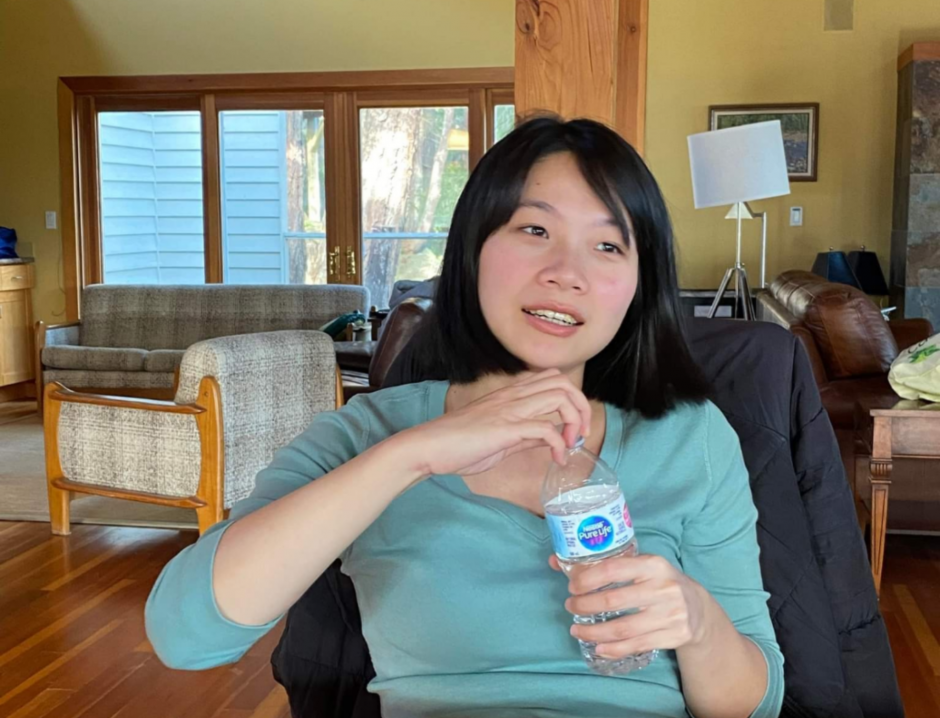
Miini Minami Teng (pronounced “Minnie”) is a third-year medical student at UBC. Prior to medical school, she completed a BSc and MSc in Occupational Science & Occupational Therapy. By applying deep learning approaches to existing video data, she is working to assess whether facial patterns can be used as a feature to reliably classify dementias and augment the accuracy of the current CANARY platform. She was also the recipient of the 2021 Artificial Intelligence and Compassionate Care Grant from AMS Healthcare. This study explores the experiences of patients, controls, healthcare providers, and caregivers on the AI-assisted CANARy assessment, as well as interactions between humans, AI, and the environment in cognitive assessment screenings.

Saffrin Granby is a 5th year undergraduate student studying Cognitive Systems with a specialization in Computational Intelligence. She is currently working as a research assistant at CANARY and works with natural language data to explore different patterns to between individuals with Alzheimer’s Disease and healthy controls. Saffrin particularly enjoys this work because of the interdisciplinary team and because she gets to work with both Linguistics and Machine learning.
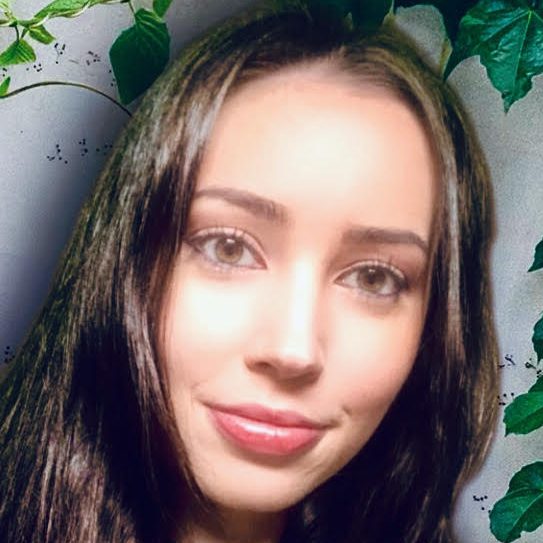
Sally Newton-Mason is a research assistant with a Bachelor’s of Science in Biology from UBC. Previously she has worked as a care-aid, and loves interacting with families in a clinical setting. CANARY is a very special project to her as it combines her passion for healthcare with her curiosities in artificial intelligence. She loves that the research aims to innovate and improve healthcare paradigms. In the future she is planning to pursue a Bachelors of Nursing to further her opportunities in the Healthcare and Research fields. In her free time, she loves singing, painting, and spending time with her beloved cat.
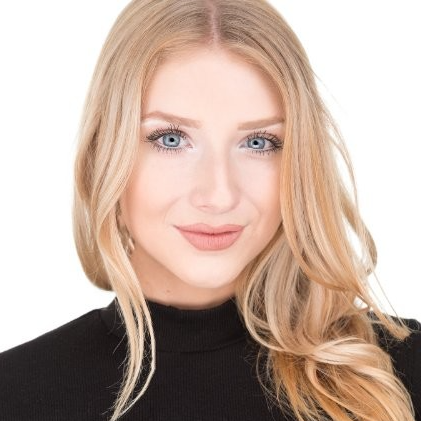
Caitlin Lewis comes from an undergraduate background in Linguistics and Psychology from the University of Calgary. Caitlin has worked in academic research labs examining early language development, and the role of physical activity in preventing neurodegeneration with a geriatric population. Following graduation, Caitlin spent a year working in a clinical setting as a cognitive therapist for acquired traumatic brain injury patients. After a recent move to Vancouver, Caitlin started working as a clinical research assistant with the Vancouver Stroke Program, and began working on the CANARY study among other research projects. Caitlin is excited to contribute her linguistic background with her clinical experience to the CANARY research project!
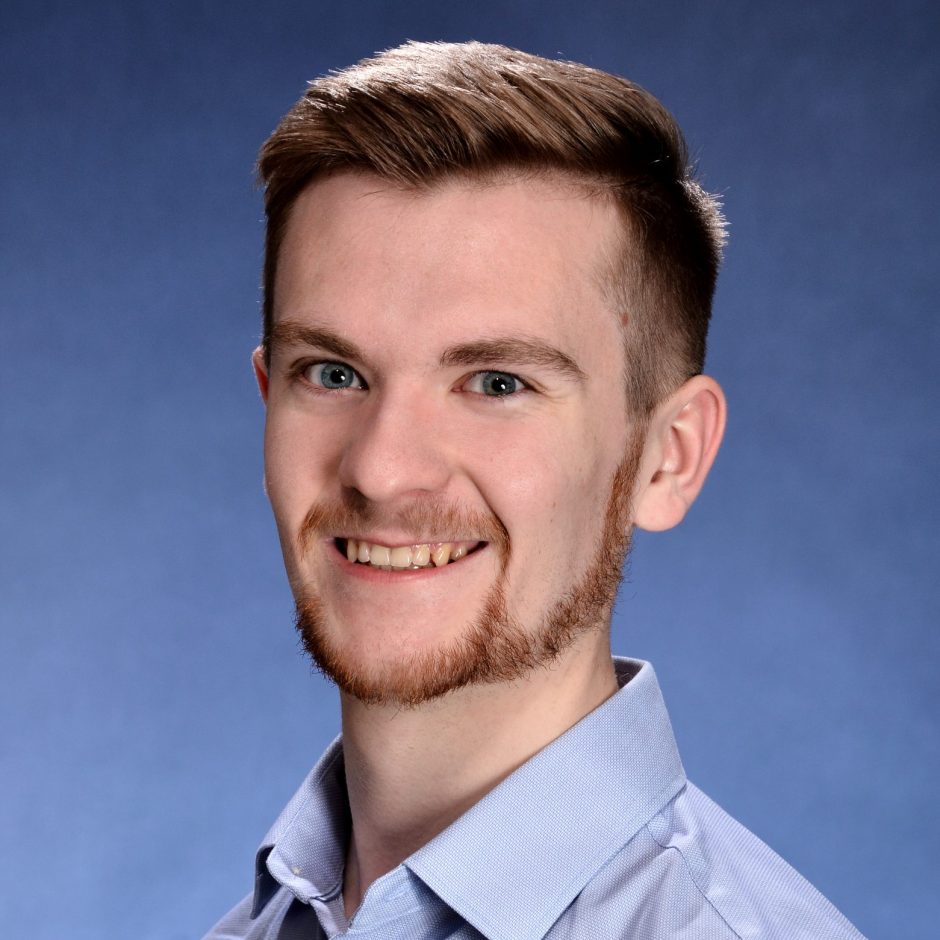
Tom Soroski started with the CANARY team in September 2018 as a co-op research assistant while completing his undergraduate degree. Tom was part of the CANARY project from its inception; applying for ethical approval, helping set up the data collection protocol, and recruiting the first study participants. Tom graduated from the University of British Columbia in 2020 with a Bachelor’s of Science in Microbiology and Immunology, and returned to work on the project full-time as the study manager. Tom enjoys being part of CANARY project as it allows him to work closely with patients and their families, and to contribute to Alzheimer’s disease research.